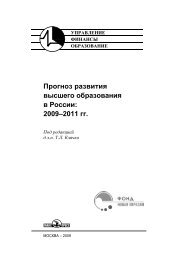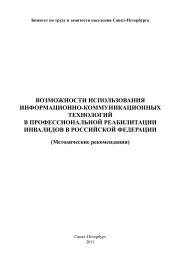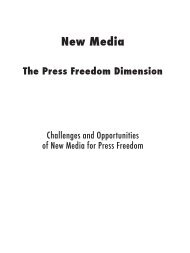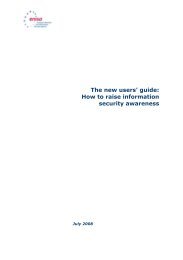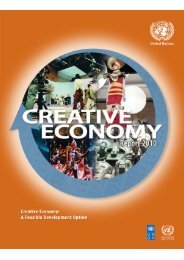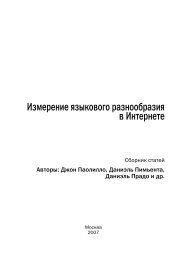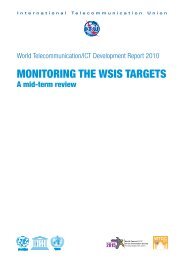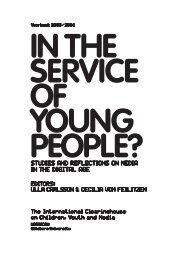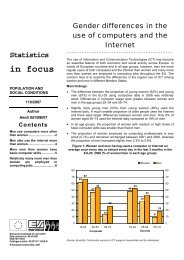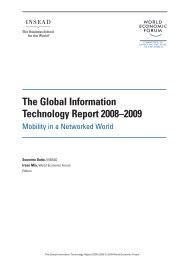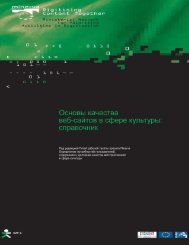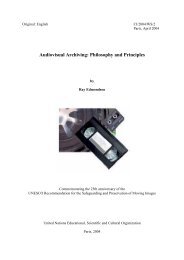Model curricula for journalism education for developing countries ...
Model curricula for journalism education for developing countries ...
Model curricula for journalism education for developing countries ...
You also want an ePaper? Increase the reach of your titles
YUMPU automatically turns print PDFs into web optimized ePapers that Google loves.
123<br />
Grading and assessment protocols:<br />
Attendance: 10%<br />
Written assignments: 30 %<br />
Production of stories and documentary: 60 %.<br />
Comments<br />
In a situation where there is lack of equipment a three-pronged strategy could<br />
be evolved. In the first phase, with simple available equipment like manual tape<br />
recorders and cheap video cameras, the programs could be produced at the<br />
department studio and transmitted or telecast from the local radio/ TV stations.<br />
In the second phase digital studio and production units could be set up.<br />
In the third phase self owned radio and TV stations could be established.<br />
Contributed by Prof. Shahjahan Sayed, chairman, Department of Journalism &<br />
Mass Communication, University of Peshawar, Pakistan; co-author, Mr. Gul Wahab,<br />
lecturer in the same department<br />
Online/multimedia Journalism<br />
Level of course: Second year in three-year bachelor’s degree, third year in fouryear<br />
degree.<br />
Course description: The purpose of this course is to give <strong>journalism</strong> students a<br />
broad perspective and practical skills in the emerging <strong>for</strong>ms of <strong>journalism</strong> based<br />
on the Internet and other digital plat<strong>for</strong>ms. Through lectures (or seminars), class<br />
discussions and reading materials, students will examine how the digital revolution<br />
has affected <strong>journalism</strong>. They will also learn the basics of Web publishing, from<br />
planning and designing a news site to producing and publishing text, photos, audio<br />
and video, through computer lab sessions and practical exercises. The class will<br />
study how relationships with audiences can be trans<strong>for</strong>med into more interactive<br />
engagement with the Internet and other networked media; consider ethical<br />
problems that can arise with new technologies, and how the structure of news<br />
organizations can be trans<strong>for</strong>med by technology; learn how to use digital cameras,<br />
and experiment with audio and video on multimedia, interactive projects; consider<br />
the impact of mobile technologies; and learn to adapt to emerging technologies,<br />
keeping in mind the basic values of <strong>journalism</strong> and its role in a democratic society.<br />
Mode: Combination of lecture, class discussions, computer lab tutorials, exercises<br />
and journalistic projects.



